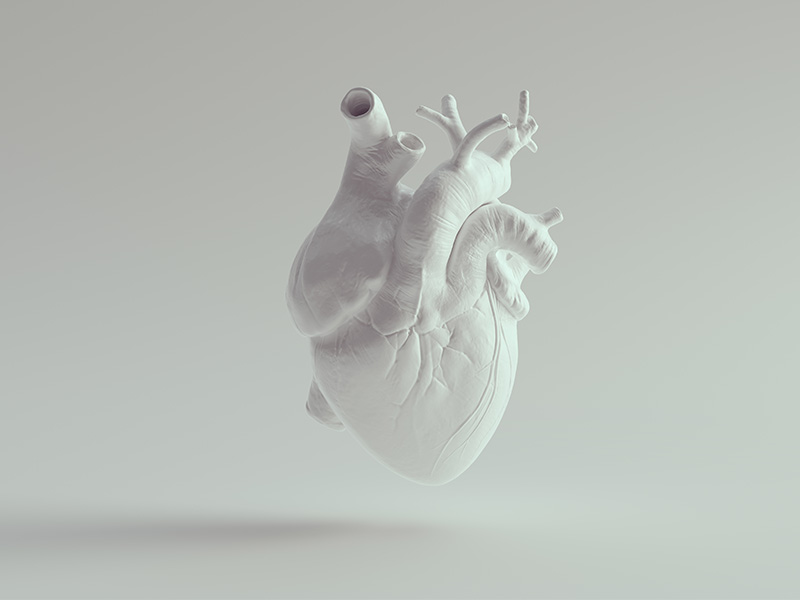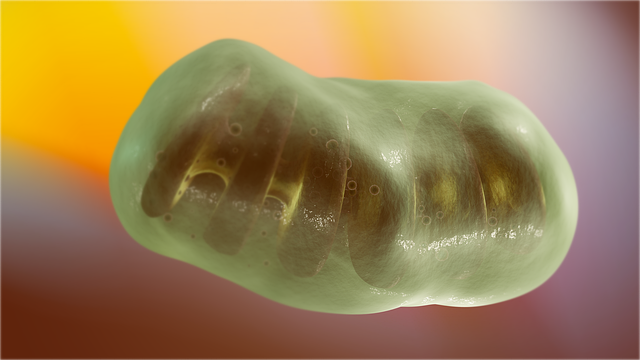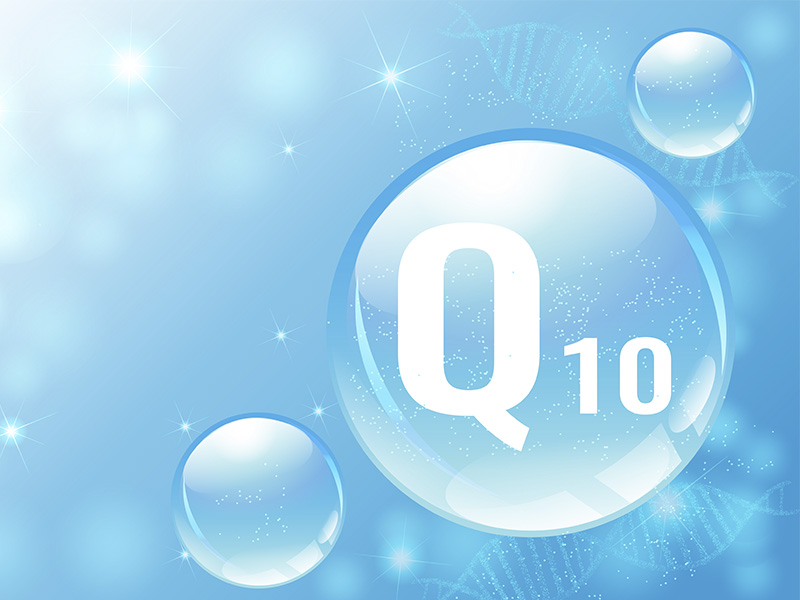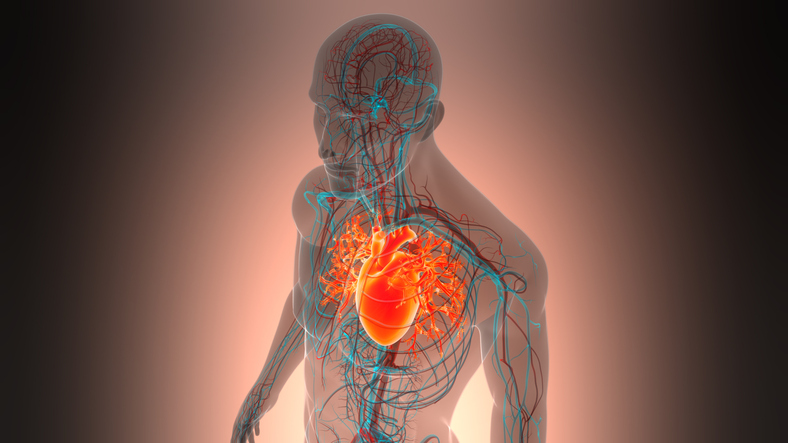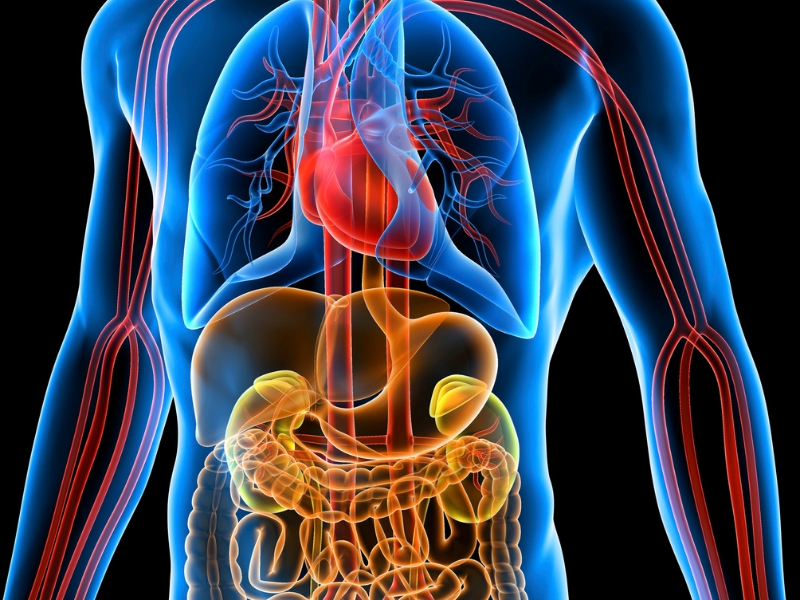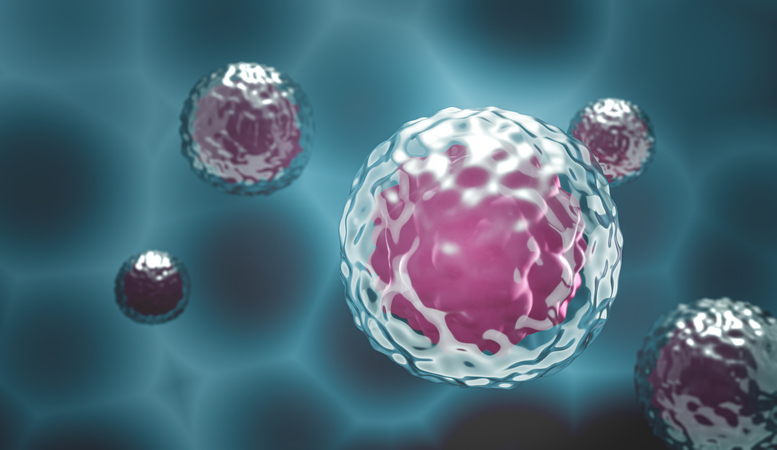Coenzyme Q10 Adjuvant Treatment for Patients on Statins
Statin medications cause a decline in CoQ10 bio-synthesis. Diminished CoQ10 levels result in heart muscle cells not getting enough CoQ10 to meet the heart’s ongoing need for energy. Patients on statin medications will need Coenzyme Q10 supplements to protect heart muscle cells.

